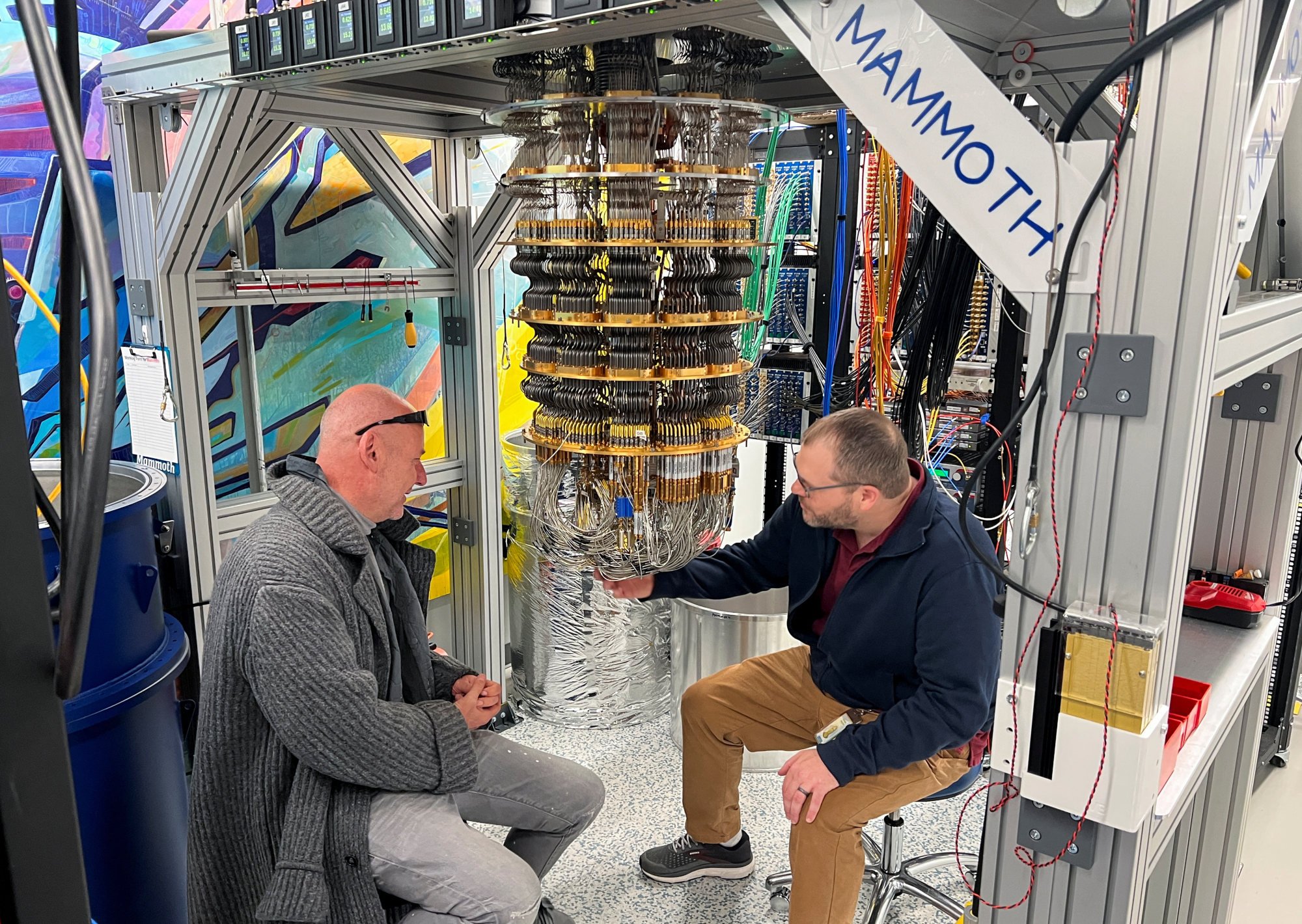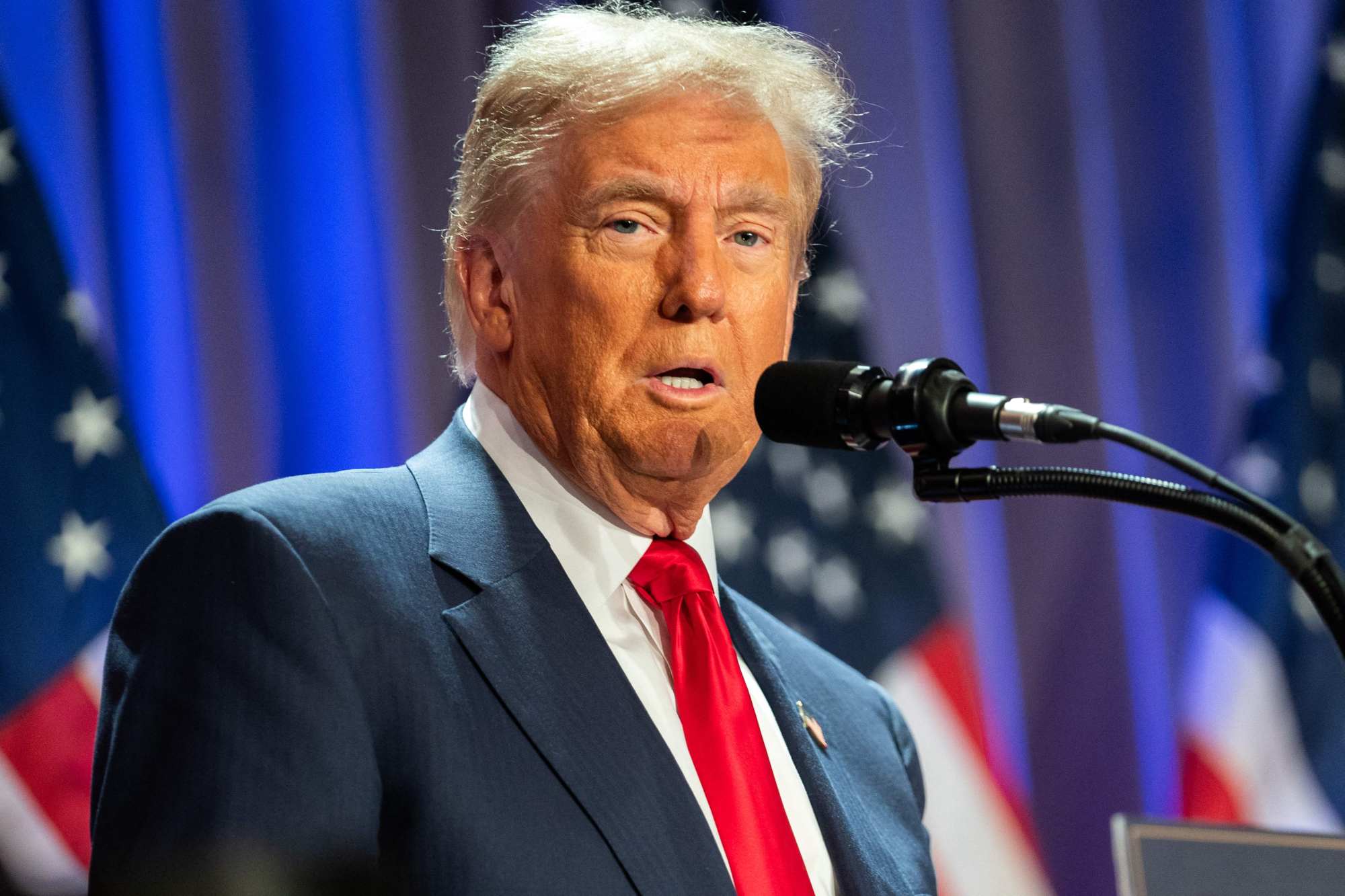The US needs to explore expanding its visa options to bring in qualified workers in quantum research and industry to close a “significant” gap with China in the country’s pursuit of a technological edge, a senior American energy official has urged.
Rima Oueid of the US Department of Energy on Monday estimated that half of the jobs in quantum computing “are not getting filled” in remarks at the Hudson Institute, a Washington-based think tank.
Without disclosing specific figures, Oueid, who works in the DoE’s office of technology transitions, said the shortage ran into “the tens of thousands, so it’s significant”.
Do you have questions about the biggest topics and trends from around the world? Get the answers with SCMP Knowledge, our new platform of curated content with explainers, FAQs, analyses and infographics brought to you by our award-winning team.
Even as American universities offer quantum programmes, about half of all PhD students in the US hail from abroad, she added.
And US immigration law can make it hard for those foreign nationals to stay.
“There’s been conversations around whether we could expedite different types of visas that would allow ... students educated here to build these roles,” Oueid said. “That’s a big part of the problem.”

The assessment came as the US stays locked in a high-stakes quantum arms race with China, driven by a geopolitical rivalry touching on tech supremacy, economic dominance and national-security concerns.
By leveraging the principles of quantum mechanics and the physics of subatomic particles, quantum technologies could be used to develop advanced capabilities in computing, communication and sensing. They could also be applied for military use.
While the US is considered the world leader in quantum computing, China dominates the field of quantum communication and roughly matches the US in the field of quantum sensing, according to the Information Technology and Innovation Foundation, another Washington-based think tank.
This has raised worries in Washington and among its allies that their sophisticated encryption could be cracked by Beijing.
Last week, four US senators introduced bipartisan legislation looking to authorise US$2.7 billion in federal funding to accelerate quantum research and development at federal-science agencies for the next five years.
The National Quantum Initiative Reauthorisation Act would focus on advancing practical applications in quantum science while expanding the scope of the original law signed in 2018 during the Donald Trump administration. It expired in September 2023.

In addition, the bill would include funding for new quantum research centres and workforce development hubs while allowing the programme to be continued through 2034.
Speaking at the same discussion on Monday, Ryan McKenney of Quantinuum, a Colorado-headquartered company that develops quantum-computing solutions, believed more should be done to retain the quantum talents in the US.
That could include proposals to lower qualifications for extraordinary-ability visas that used to require individuals be recipients of major internationally recognised awards like the Nobel Prize.
Even as Trump is expected to take a tough stance on US immigration policy when he takes office in January, some reform was merited to better balance national-security concerns with retaining scarce quantum talents, McKenney said.
“You don’t want quantum to just be a national-security issue,” he added.
“By highlighting the very clear national-security issues related to China, related to the encryption race, it can be easier to push something like immigration reform, at least in that narrow sense, for [the] quantum workforce.”
More from South China Morning Post:
- Chip war: China launches antitrust probe into US semiconductor giant Nvidia in sign of escalation
- Hong Kong’s AI efforts connect China and rest of the world amid geopolitical tensions
- Chinese supercomputer tops global computing efficiency list as race on for AI dominance
- US to ban outbound investments in China’s chips, AI over national security
- Does a talent crisis threaten China’s quantum ambitions? One Chinese expert thinks so
For the latest news from the South China Morning Post download our mobile app. Copyright 2024.





